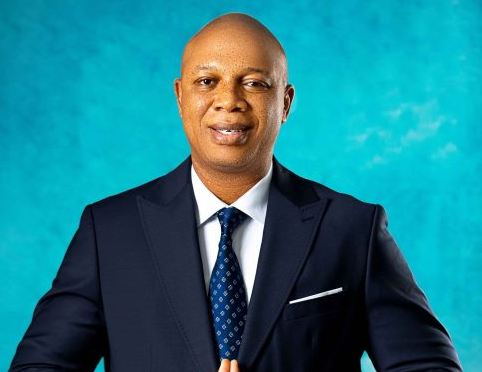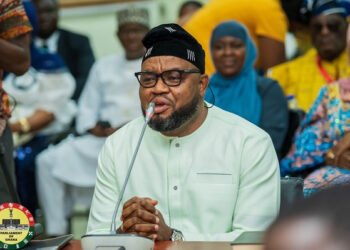Ghana Water Ltd. (GWL) has sounded the alarm on a looming water crisis, announcing that it requires GH¢300 million ($28 million) to desilt major raw-water intakes across the country, excluding the Barekese Dam, which alone harbors six million cubic meters of silt.
The announcement came during a press conference in Accra, where Managing Director Adams Mutawakilu emphasized the urgent need for desilting to restore abstraction capacity and prevent supply disruptions as the dry season approaches.
Mutawakilu revealed that excessive siltation has crippled the operational efficiency of numerous water treatment plants, including Owabi, Mampong, Kwanyako, Daboase, and others, leading to frequent shutdowns, soaring production costs, and reduced output.
“Our pumps are submerged in sludge, unable to draw water effectively,” he stated, warning that without intervention, many treatment plants risk becoming inoperable, potentially triggering acute water shortages nationwide.
The Barekese Dam, a critical water source in the Ashanti Region, faces a unique challenge, with an estimated desilting cost of GH¢150 per cubic meter, necessitating a separate, large-scale funding effort.
ALSO READ:NYDA VOWS TO BACK YOUTH INNOVATION FOR SOUTH AFRICA’S SUSTAINABLE GROWTH
Last year’s emergency dredging at Owabi and Mampong cost GH¢64 million and GH¢13.8 million, respectively, yet only temporarily alleviated supply constraints.
Rising silt levels have also driven up treatment costs, with GWL forced to switch from alum to costly imported polymers, increasing chemical expenses by 400% at plants like Barekese and Konongo.
Energy and maintenance costs have surged due to pumps operating under abrasive conditions. As a tariff-regulated utility, GWL cannot pass these costs to consumers, creating a significant financial strain, Mutawakilu noted.
To address the crisis, GWL proposed a 24-month Catchment Recovery Plan, focusing on riverbank stabilization, targeted dredging, and community engagement to protect eight priority rivers feeding its plants. “Acting at the source will reduce costs and ensure sustainable water production,” Mutawakilu said.
The Managing Director appealed to corporate institutions, development partners, and government agencies for financial and logistical support, stressing that GWL’s tariff-based revenue cannot be diverted to dredging.
He commended ongoing government efforts, including the Blue Water Guard and anti-illegal mining initiatives led by President John Dramani Mahama, but emphasized that riverbed siltation remains a critical barrier. “Every contribution will be measurable and auditable,” he assured, urging collective action to safeguard Ghana’s water security.






























































